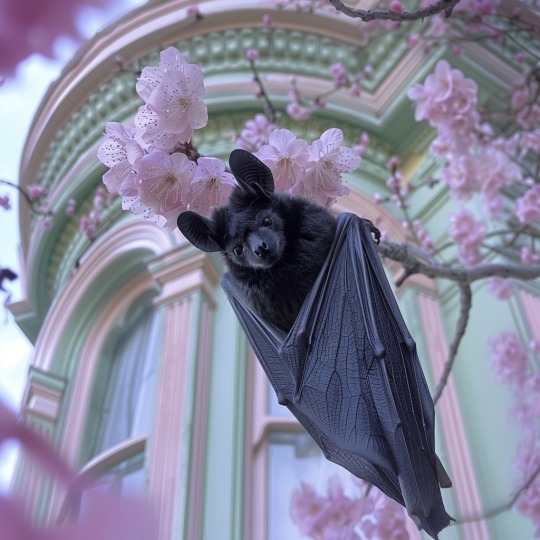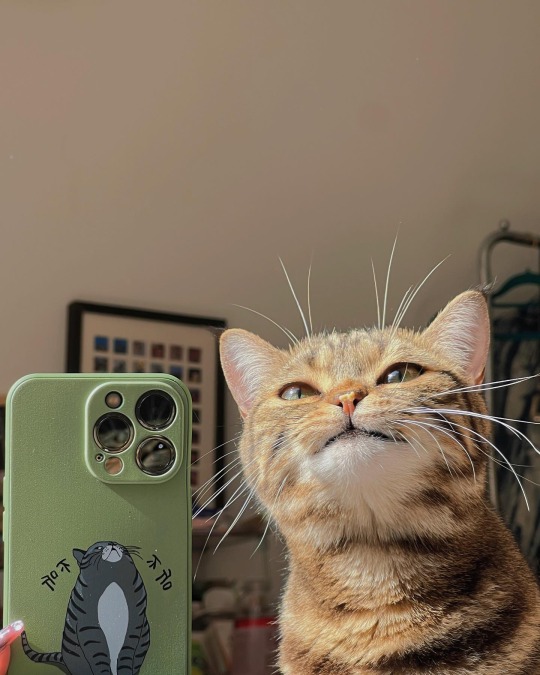Text
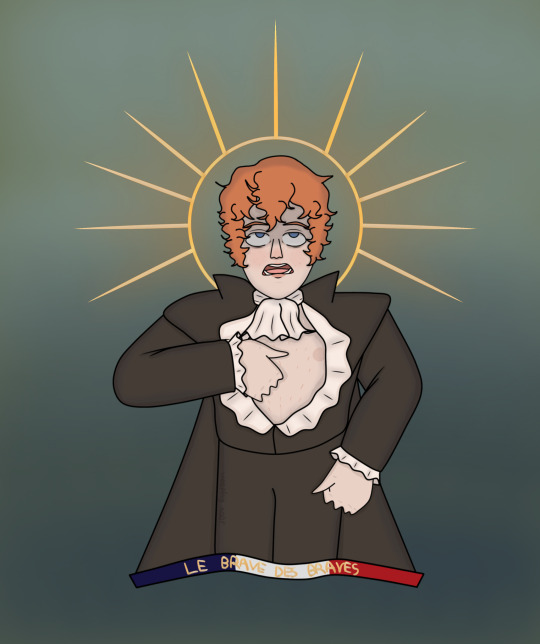
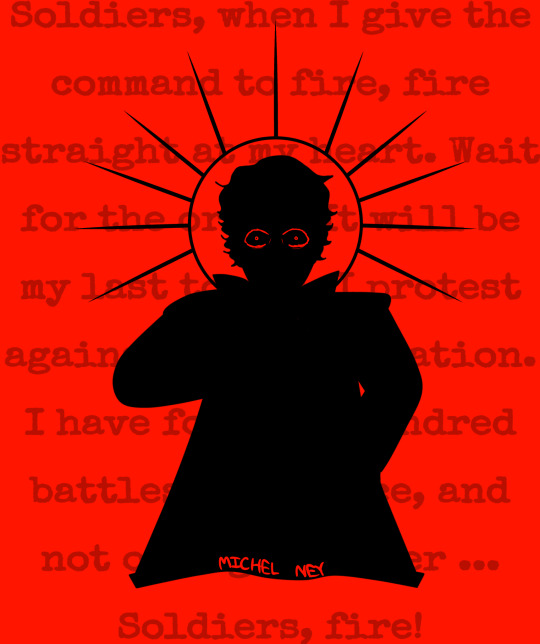
Michel Ney, Les Braves Des Braves, saying his last words towards his firing squad
35 notes
·
View notes
Text









I have a huge dump of napoleonic doodles inspired by actual and RP events (can you tell which?). Some of these are really old (before hiatus) but I’ll just put them here since I don’t think I’ll ever be able to properly color them all😢
Also bonus Soult’s brain frying:

53 notes
·
View notes
Text

ab. 1785 Suit (coat, waistcoat, breeches) (France)
silk velvet, silk satin, silver colored metal thread, silk
(Kunstgewerbemuseum Berlin)
426 notes
·
View notes
Text
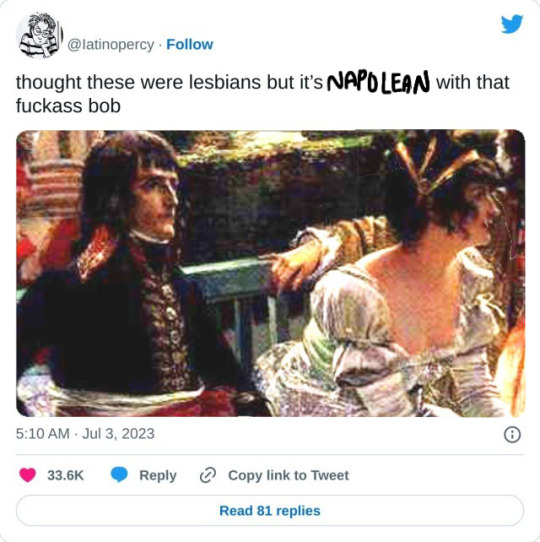
171 notes
·
View notes
Text
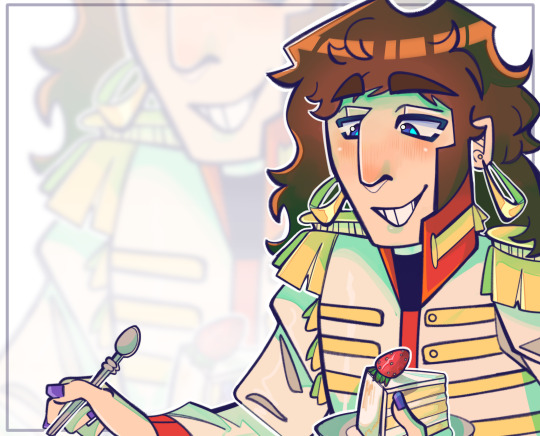
look at that cake!
67 notes
·
View notes
Text
Citizen Cooks in the Age of Napoleon
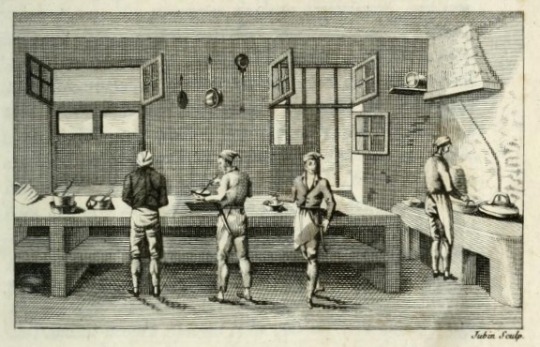
Excerpt about the role of cooks in France after the abolition of culinary guilds, and how they navigated a world which demanded for them to find new ways to stay relevant and prosperous. From Defining Culinary Authority: The Transformation of Cooking in France, 1650-1830 by Jennifer J. Davis:
French cooks sought new sites upon which to rebuild the authority of culinary labor. Throughout the early nineteenth century cooks increasingly adopted scientific terms to demonstrate their reliability and profound knowledge of the culinary arts. Such language communicated the author's education and distinction, just as an appeal to an elite patron had done in the 1660s and referral to a cook's professional expertise had done in the 1760s. The rhetoric and institutions of scientific knowledge also provided a means of distinguishing men's work from women's in the post-revolutionary era. During the early nineteenth century, cooks' claims to scientifically valuable savoir-faire rested on three crucial points of culinary innovation: food preservation, the improved production of bouillon, and gelatin extraction.
As these processes left the realm of traditional knowledge and became sites of scientific inquiry by tradespeople and amateurs alike, cooks sought to maintain authority in this arena by including scientific terms and theories in cookbooks, advertisements, and government petitions.
Two factors encouraged cooks' claims to scientific knowledge during this era. First, when Napoleon Bonaparte took the reins of government as first consul in 1799 and established himself as emperor in 1804, he raised medical doctors and academic scientists, Idéologues, to positions of political prominence. From these posts, the Idéologues subsidized experiments and inventions deemed useful to the nation and encouraged the popularization of science in the public sphere through state sponsorship of exhibitions and print forums. The Idéologues particularly supported research related to food preparation and preservation that might benefit France's armies and navies, with obvious benefits for professional cooks. Many cooks presented their particular techniques to the government during this time, seeking both financial recompense and public acclaim. Second, a voluntary association closely allied with the Idéologues' vision, the Société d'encouragement pour l'industrie nationale (Society for the Encouragement of National Industry), provided a forum in which formally trained scientists, politicians, merchants, artisans, and curious educated men might unite to address questions that inhibited French science and industry.
Together, these men sought to develop a more coherent program for industrial advancement than any one group could achieve independently. The society explicitly sought to join scientific knowledge to artisanal practical expertise, recognizing that each group had strengths that would benefit industrial development. This association invested heavily in three diffuse projects that eventually infused the most basic culinary processes with scientific awareness: new methods of food preservation to benefit the nation's armies and navies, new methods of stock preparation to sustain the nation's poor, and new methods of extracting gelatin from bones to improve hospital and military diets at little added expense.
#mostly for my reference#illustration from l'art du cuisinier by antoine beauvilliers (1814)#defining culinary authority: the transformation of cooking in france 1650-1830#french history
27 notes
·
View notes
Text
odin is like “when thor was born the sun shone bright upon his beautiful face. i found loki on the sidewalk outside a taco bell”
413K notes
·
View notes
Text
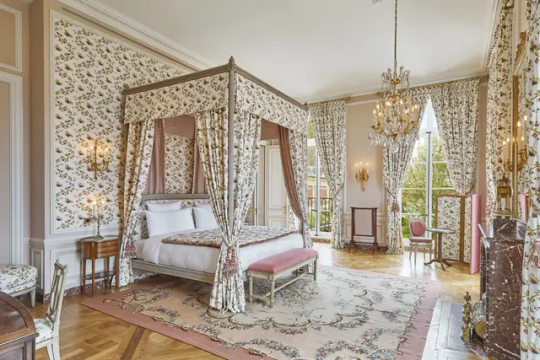

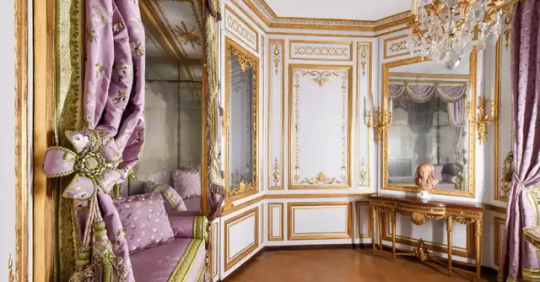
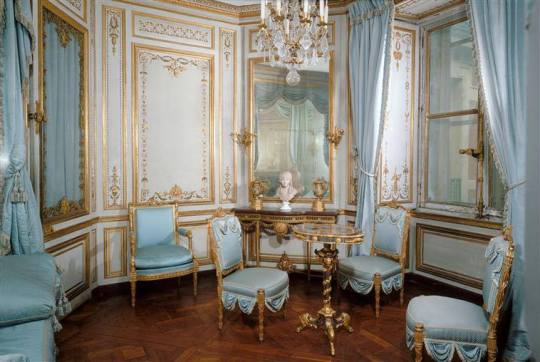

Marie Antoinette's Private Chambers at Versailles
324 notes
·
View notes
Photo

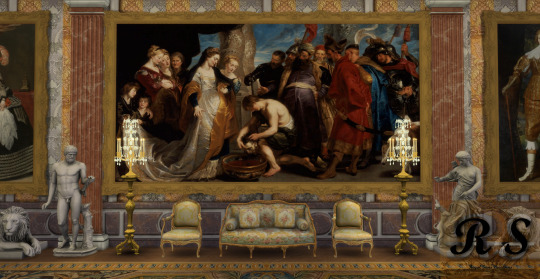
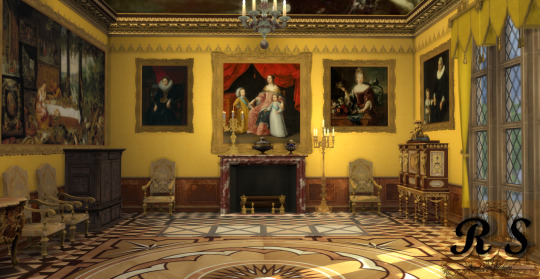
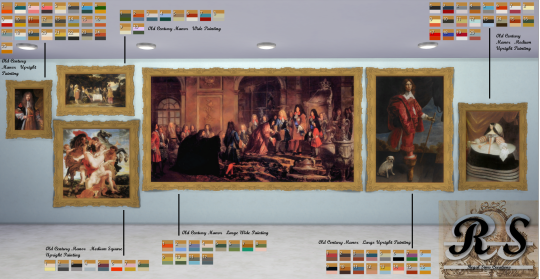
My “Old Century Manor Painting Set for TS4″ has been released, Download @ Regal Sims
340 notes
·
View notes
Text
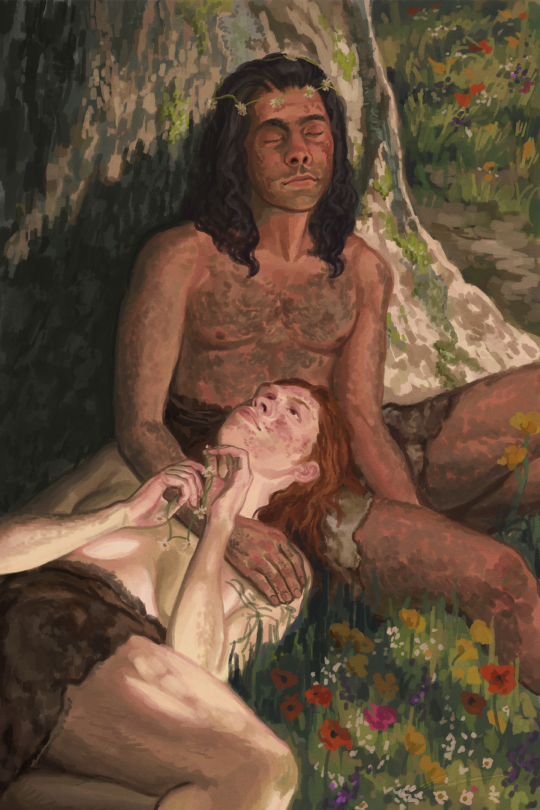
Homo Sapiens boy together again with his Neanderthal girl on the first warm day of Spring
12K notes
·
View notes
Text

The fifth cellar and the lake under the Opera house
The fifth cellar under the stage of the Opera Garnier still features the original stage machinery which was used to move trapdoors, set pieces and elevators. The entrance to the underground lake is located here, but access to the lake is extremely restricted.



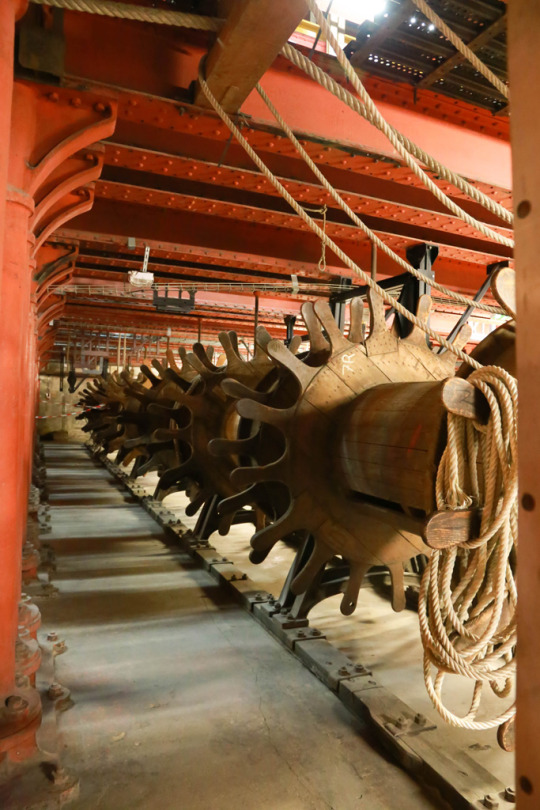

The entrance to the lake is rather inconspicuous. There is a cage around it to make sure no unauthorized person can access it.


The ladder that descends into the lake. The lake itself holds ground water in a concrete basin. The water is fairly clean, it smells a bit like a fish tank. It is not a part of the sewer system! There apparently used to be a couple of fish living in the lake, but they are no longer there.
The water level was quite high when we visited, but when it is lower, it would be very much possible to use a boat down there. As the ceiling is low and curved, it probably makes sense that in the novel, Erik sits down and rows the boat, instead of standing up with the risk of hitting his head on the ceiling.


The (now modern) door to the fifth cellar
223 notes
·
View notes
Text

1754 Jean Valade - Louis de Silvestre
(Louvre Museum)
164 notes
·
View notes
Note
Why do you like birds so much ?
b o i
HAVE YOU SEEN BIRDS.

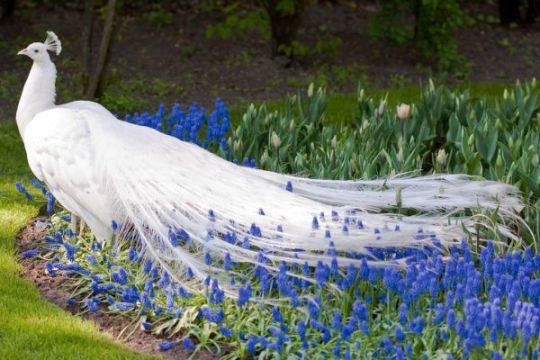







58K notes
·
View notes

